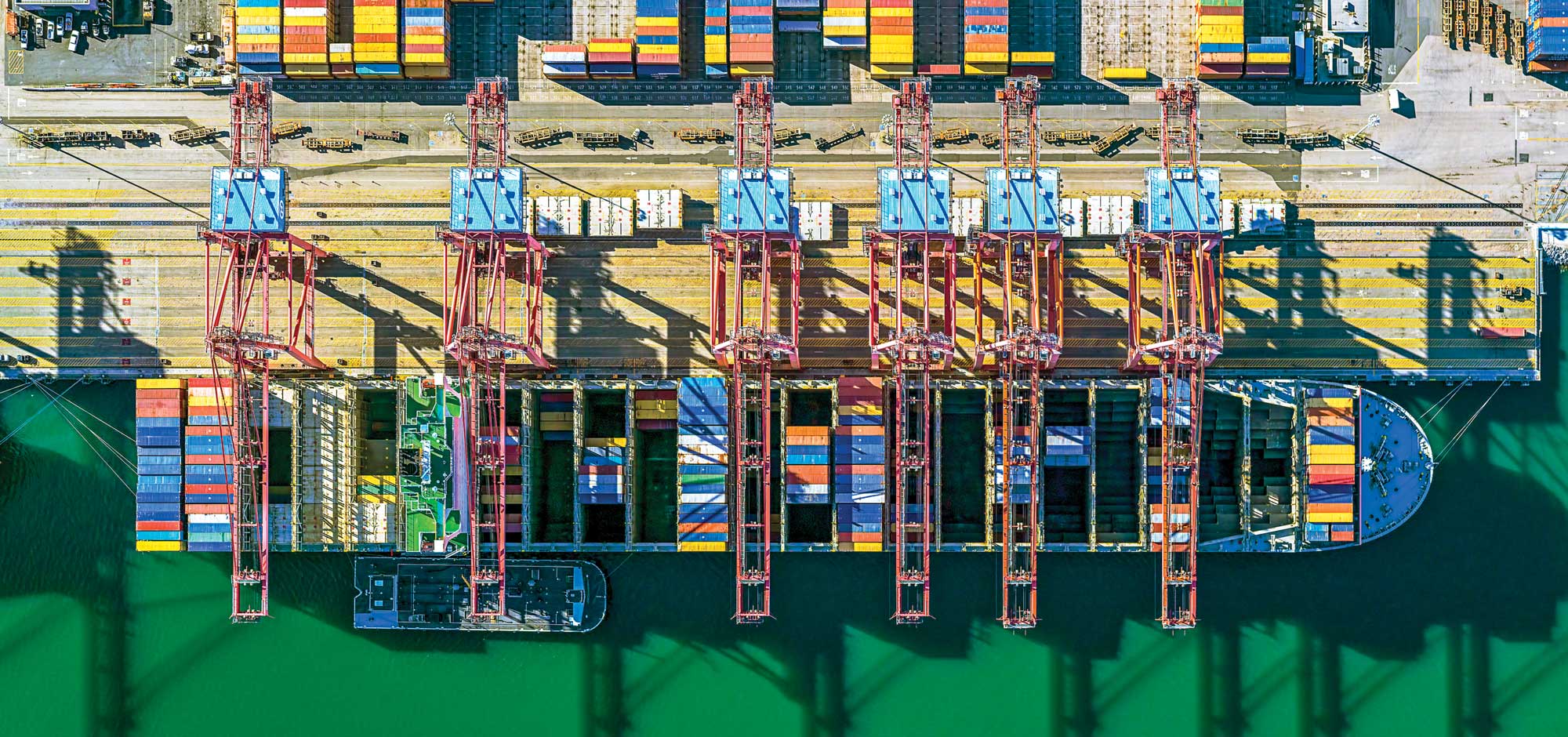Building a Transparent Supply Chain: How Blockchain Enhances Trust, Traceability, and Efficiency

In recent years, blockchain technology has emerged as a transformative force across multiple industries, and supply chain management (SCM) is no exception. Its inherent features of transparency, security, and decentralization promise to tackle some of the most persistent challenges faced by global supply networks, especially in an increasingly complex and interconnected world.
The Growing Importance of Transparency in Supply Chains
Modern supply chains have become highly intricate, involving numerous stakeholders across different countries and sectors. While globalization and technological advances have boosted efficiency and reduced costs, they have also introduced significant visibility issues. Tracking products from origin to end consumer can be difficult, leading to delays, errors, fraud, and even unethical practices such as sourcing from suppliers engaged in child labor or environmental violations.
Consumers and regulators alike demand greater accountability, requiring companies to provide verifiable proof of product provenance, sustainability standards, and ethical sourcing. This heightened scrutiny is pushing organizations to seek innovative solutions to enhance transparency and trust.
-
Teenager’s Life Transformed: From 10 Seizures a Night to Freedom with Innovative Brain Implant

-
NASA Wins Temporary Funding Fallback as U.S. Budget Deadlock Risks Shutdown

-
Emergency Chrome Security Update: Protect Yourself from Cyber Espionage

-
5 Essential Home Inventory Apps to Safeguard Your Property in Emergencies

Blockchain: A Game-Changer for Supply Chain Transparency
Blockchain, a decentralized digital ledger initially associated with cryptocurrencies like Bitcoin, offers a promising solution. Its core principle is the creation of an immutable, tamper-proof record of transactions that is shared across all authorized parties. Each transaction is verified by network participants called nodes, making it virtually impossible to alter data retroactively.
In supply chains, this means that every movement and transformation of a product—whether raw material sourcing, manufacturing, shipping, or retail—can be recorded transparently and securely. All stakeholders, from suppliers to retailers, can access real-time data, reducing information asymmetry and fostering trust.
Key Benefits of Blockchain in SCM
- Enhanced Traceability: Blockchain facilitates end-to-end tracking of products, enabling companies to verify origin, monitor conditions during transit, and confirm compliance with standards.
- Increased Efficiency and Speed: Automating processes such as payments and inventory updates through smart contracts accelerates workflows and reduces administrative overhead.
- Cost Reduction: Eliminating middlemen, reducing paperwork, and minimizing manual data entry cut costs across the supply chain.
- Improved Security and Trust: The cryptographic nature of blockchain ensures data integrity and reduces risks of fraud or tampering.
- Better Customer Experience: Transparency allows consumers to trace their products’ origins, fostering trust and promoting sustainable and ethical choices.
Practical Applications and Use Cases
Traceability and Anti-Counterfeiting
Brands leveraging blockchain can authenticate products, preventing counterfeits—particularly in luxury goods, pharmaceuticals, and food industries. Tamper-proof records verify ownership and origin, safeguarding brand integrity and consumer safety.
Sustainable and Ethical Sourcing
Blockchain enables tracking environmental impact and social compliance throughout the supply chain. For instance, companies can monitor carbon emissions or verify that raw materials are ethically sourced, aligning with ESG goals and consumer expectations.
Quality Assurance and Product Safety
Recording manufacturing data on blockchain ensures compliance with quality standards and facilitates rapid responses to safety issues, recall management, and regulatory audits.
Streamlining Payments and Contracts
Smart contracts automate transactions based on predefined conditions—such as confirming delivery or quality—reducing delays and disputes.
Challenges and Limitations
Despite its potential, blockchain adoption in SCM faces several hurdles:
- Integration Complexity: Incorporating blockchain into existing legacy systems requires significant resources and technical expertise.
- Scalability: Processing large volumes of transactions at high speed remains challenging; current infrastructure may need enhancements like Layer 2 solutions or high-capacity chains.
- Interoperability: Different blockchain platforms must communicate seamlessly, necessitating standardized protocols and cross-chain solutions.
- Security and Privacy: While blockchain is secure, vulnerabilities in smart contracts or poor implementation can expose data. Balancing transparency with confidentiality is crucial.
- Regulatory Uncertainty: Legal frameworks around blockchain vary by jurisdiction, which can complicate deployment and compliance.
- Cost Considerations: Developing, maintaining, and scaling blockchain networks involve costs that organizations must evaluate against expected benefits.
Best Practices for Successful Implementation
To maximize benefits and mitigate risks, organizations should consider these strategies:
- Identify High-Impact Use Cases: Focus on areas like traceability, fraud prevention, or sustainability reporting that deliver measurable value.
- Prioritize Security and Privacy: Use encryption, access controls, and audit mechanisms to protect sensitive data.
- Assess System Compatibility: Analyze how blockchain will integrate with current ERP and SCM systems, planning for necessary adjustments.
- Collaborate with Stakeholders: Engage partners across the supply chain to ensure buy-in, share knowledge, and develop standards.
- Choose Appropriate Blockchain Platforms: Select platforms based on scalability, security, and interoperability needs.
- Monitor and Optimize: Continuously evaluate system performance and adapt to technological advancements.
The Future of Blockchain in Supply Chain Management
The trajectory indicates increasing adoption of blockchain, especially as interoperability improves and integration with emerging technologies like IoT, AI, and smart contracts deepens. The combination of blockchain with IoT devices can provide real-time, verifiable data on product conditions, location, and environmental impact, further enhancing transparency.
Regulatory developments, such as the European Union’s push for mandatory ESG reporting, will incentivize companies to leverage blockchain for compliance and sustainability. New business models, including platforms for food safety, ethical sourcing, and digital assets, are emerging, promising more resilient and responsible supply ecosystems.
As technology matures, organizations that proactively implement blockchain solutions will likely gain competitive advantages through improved trust, efficiency, and sustainability, shaping the future landscape of global supply chains.
